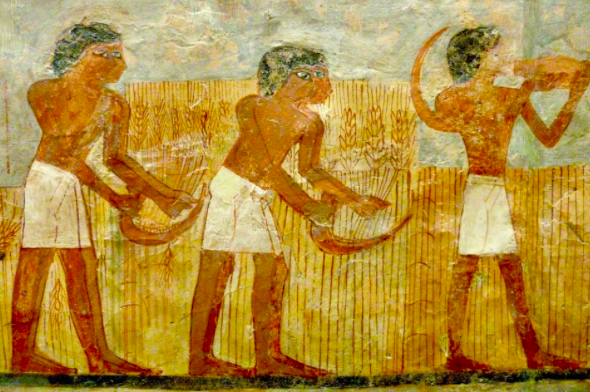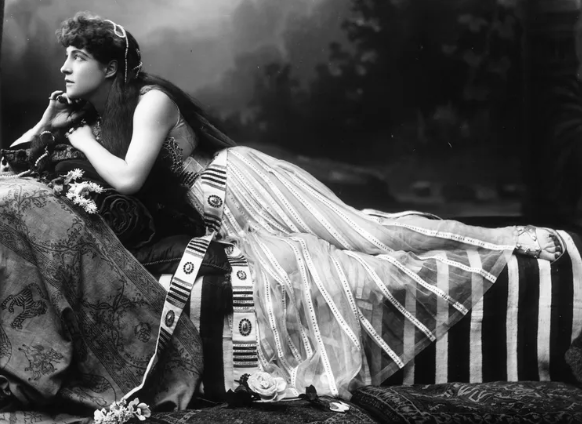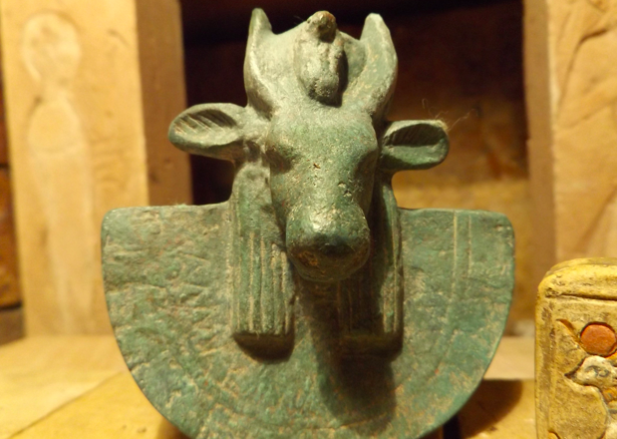By Mohamed Karrem
A bad word or phrase can be caught on the streets, appear as a pop-up window on your screen, or heard in a class. It’s the hidden words in our daily lives that we can’t commonly use everywhere, but if cursing is a taboo, why can’t we keep it that way? It’s a notorious fact that we are enemies to what we don’t know, so enlighten your mind with the stories behind some of these terms. It might help you feel more satisfied next time you use them. One of them is actually an endearing term in today’s language yet used to be quite the insult back in the day!
Gatak Nila

There are several novels behind the origins of this sentence, so nothing would be better than starting from the beginning. The ancient Egyptians used the n
The second story which is from the era of Mohamed Ali, when Egyptians mixed the
The last story is a little bit different in that it’s more of a positive story. Ancient Egyptian parents used to take their children to the Nile in the summer to treat skin infections by massaging their bodies in the Nile silt.
Aha

The story says that in the Fatimid era, the word ‘I protested’ was forbidden by law to prevent the people from protesting any objection to repression. Abbreviating the word ‘Ahta’ was the quick response and even after the Fatimids figured it out, the word
And other phrases the word is likely short for are “I really object”. One of the most unforgettable situations in which the word was used was when the Egyptians chanted “Aha Aha la
Shar****

This word might be very offensive in many ways but not in French which means a beautiful and attractive woman. The word came up in the French campaign to occupy Egypt and transformed from “charmante” to “
There’s a whole different story that claims that it originated from the ancient Egyptian word “
Ibn Nas

Nowadays when we call someone a “son of people” (ibn
Then came the Mamluks and increased feudalism and wealth inequality. Salah al-Din gifted the Mamluks with swathes of land. Unfortunately, they did not exploit this gift properly because they didn’t know anything about agriculture. They were primarily focused on their struggles for power and neglected the people and the land, leaving the Egyptians to live through one of their darkest ages ever. This led them to call any one of the Mamluks “ibn
Ibn al Eh

You will never guess what this term means. I



